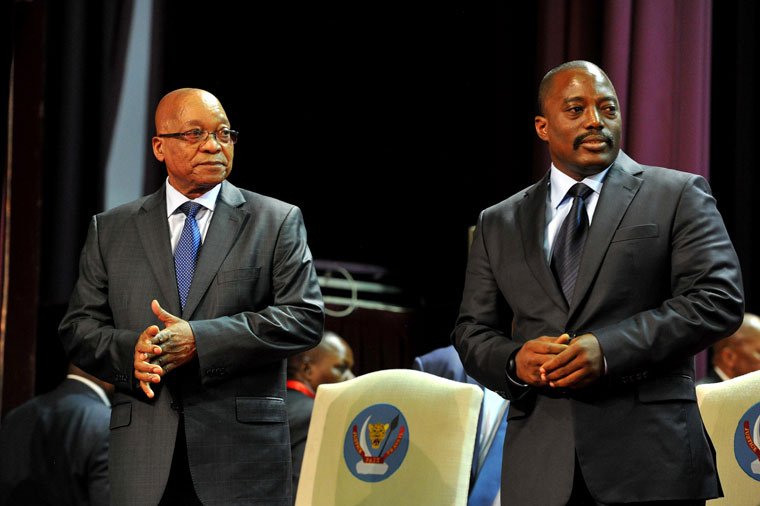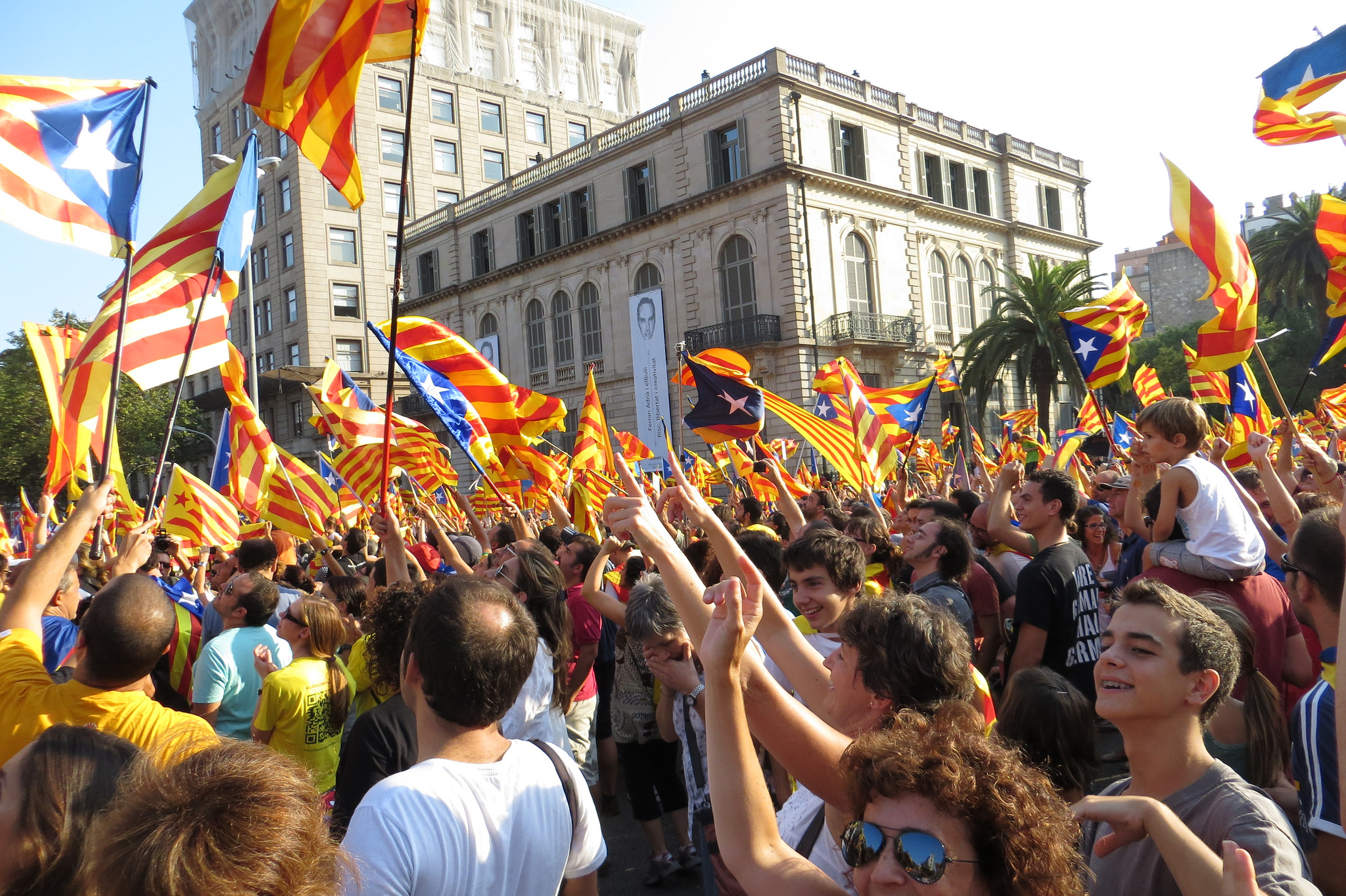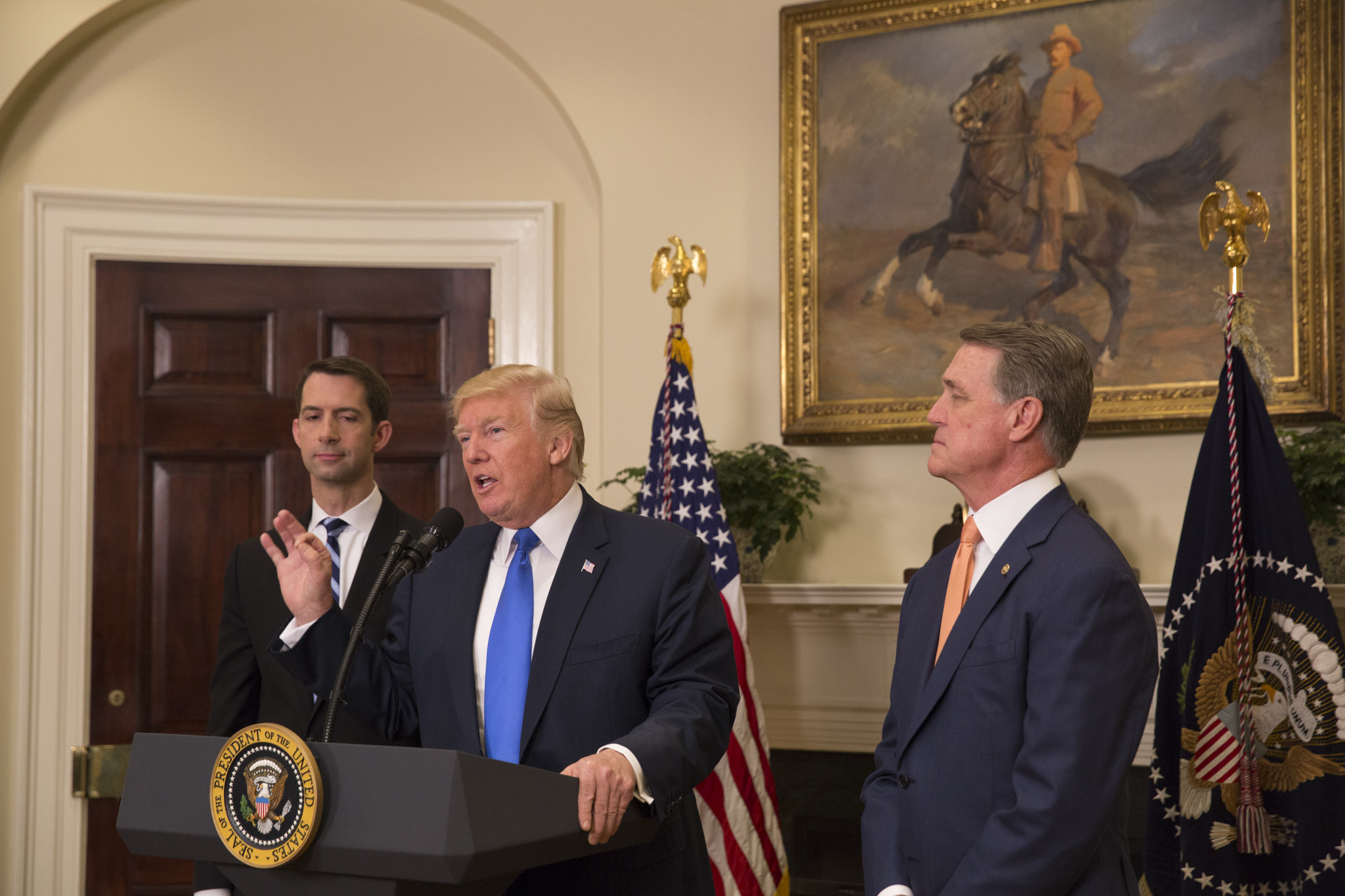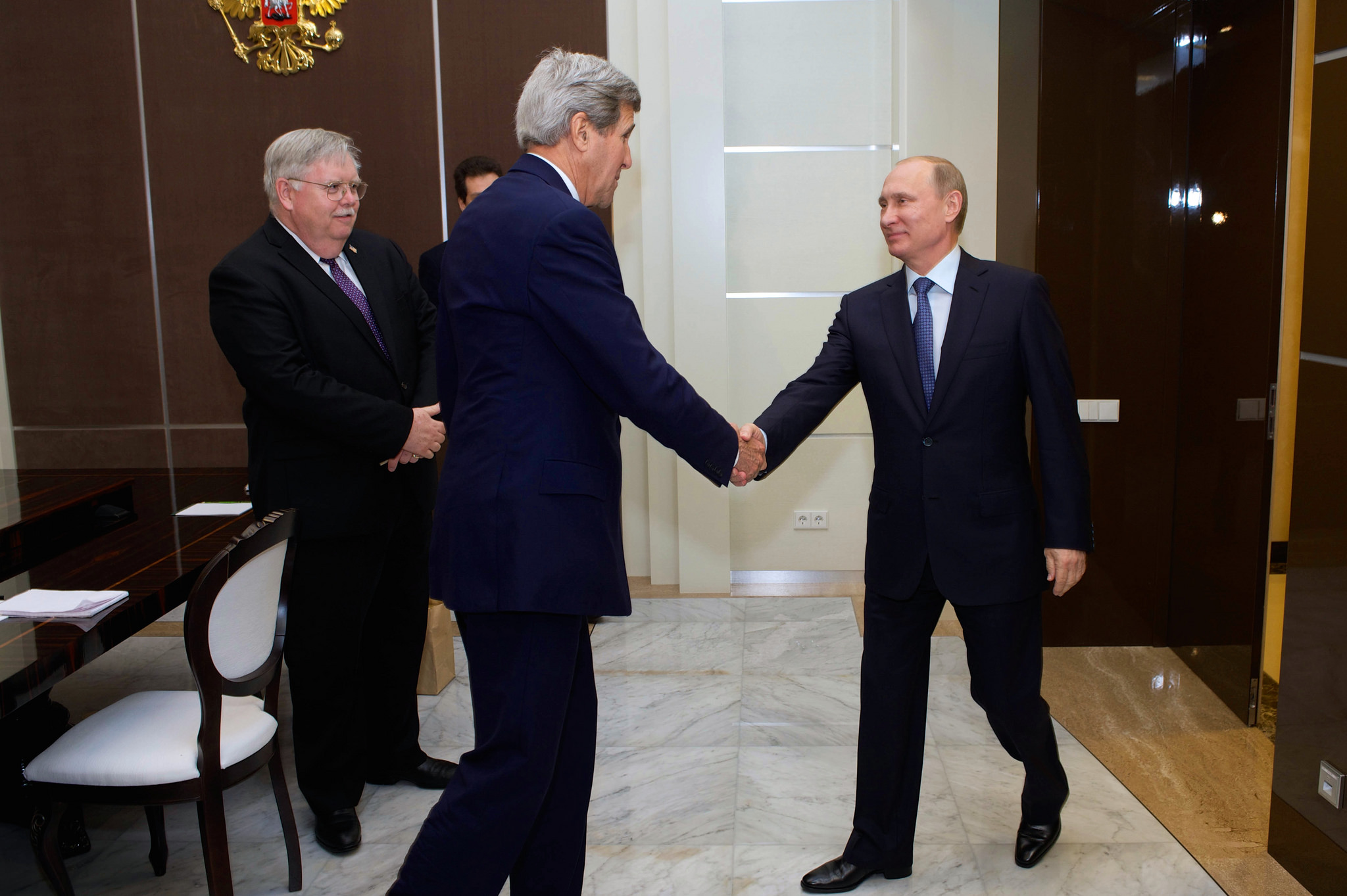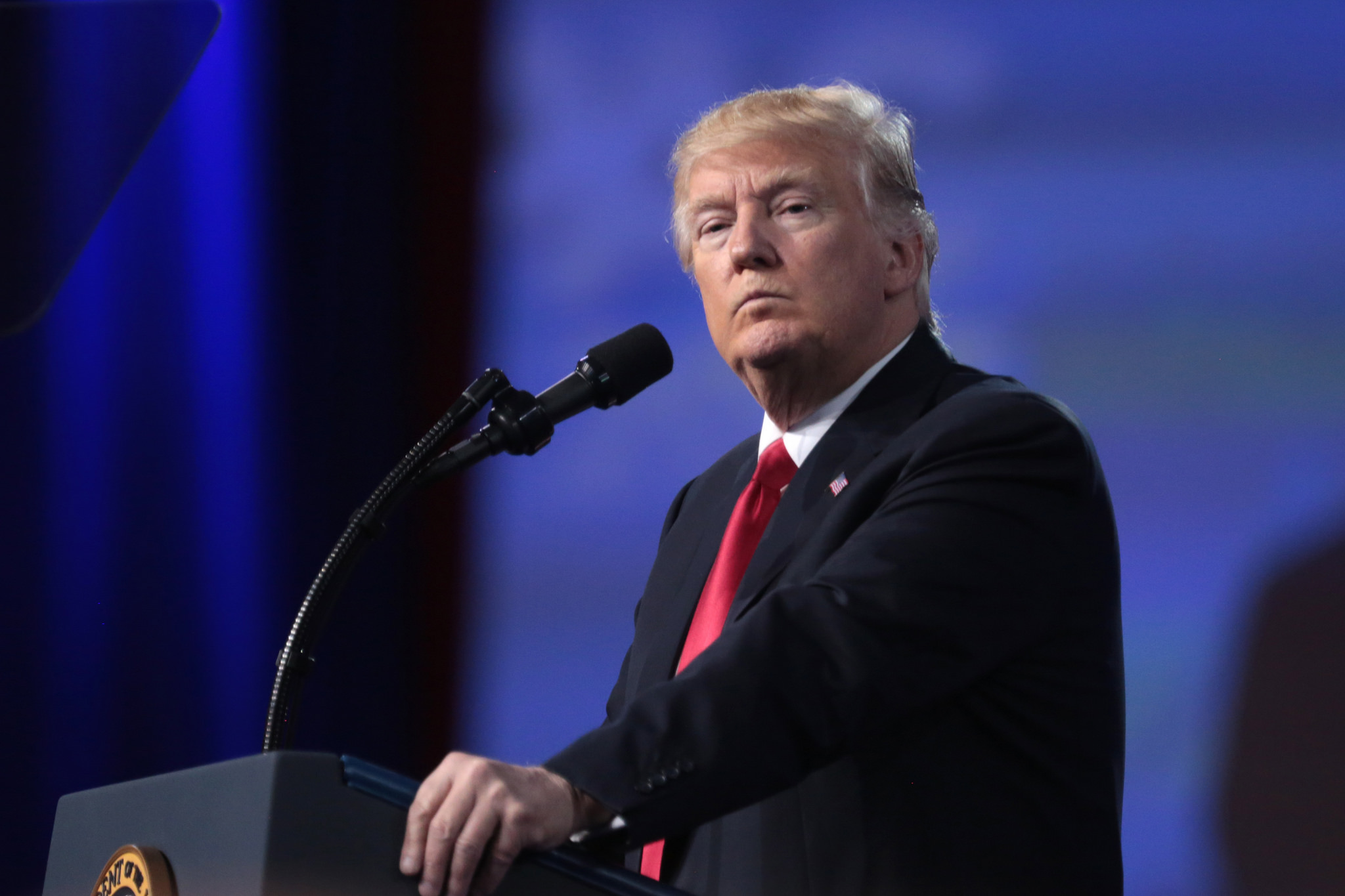Guest post by Jay Benson.
Recent weeks have seen an outburst of protests in the Democratic Republic of Congo (DRC) over continued foot dragging by President Joseph Kabila’s government to schedule planned elections. The events of the last week included police responses resulting in at least 17 fatalities and the deadly torching of the headquarters of three leading opposition groups. These are just the latest in a pattern of shrinking political space and increasingly violent repression of political opposition in the DRC which has included previous deadly crackdowns on protests and what appear to be politically motivated charges against prominent opposition figure Moise Katumbi.
This atmosphere of increasing repression and shrinking political space is one reason why many observers were surprised when Kabila’s government expressed its willingness to allow M23, one of the country’s largest former rebel groups, to register as a political party. Why the seeming leniency towards former armed opponents when even legal, peaceful opposition appears to be in his crosshairs? The answer likely lies in Kabila’s assessment of the group’s prospects (or lack thereof) to pose a serious electoral challenge to his grip on Congolese democracy.
There has been a good amount of empirical research on the characteristics of rebel groups which lead to success or failure when transitioning into political parties. So far, academic and gray literature (see here, here, here, and here) have identified several interrelated trends in the success or failure of such transitions. Armed groups appear more likely to successfully transition to political parties when they:
- Represent the interests of a significant domestic constituency
- Are primarily motivated by political, ideological, or identity issues as opposed to financial gain
- Demonstrate centralized, institutionalized leadership structures
- Maintain control of territory
- Provide public goods/services to civilians
Unfortunately, M23 – and many of the region’s other armed groups – have few of the characteristics which appear to correlate with the creation of viable political parties.
M23 lacks a significant domestic constituency within the DRC. The group’s fighters were comprised largely of ethnic Tutsis. Tutsis are a relatively small minority in the eastern Congo, much less the country as a whole, and the fact that the rebellion was not a purely domestic movement, but one financed, trained, and possibly even commanded by Rwanda, limits the ability of M23 to claim to represent the interests of even this small minority.
Even more troubling for the group’s prospects for political transformation is the fact that their primary interest appears to be financial gain. Armed groups which lack concrete political, ideological, or identity-based motivations – but rather appear to fight for economic gain – have fewer ties to civilian constituencies, commit more violence against civilians, and are less likely to trade access to economic rents during conflict for a role in the political process during peacetime. Like nearly all of the non-state armed groups in the eastern DRC, M23 has been heavily involved in the extraction of resources and illegal “taxation” (read extortion) of households and commerce.
Furthermore, rebel groups with decentralized and/or highly personal styles of leadership tend to lack unity and strong institutional capacity. M23’s leadership structure appears to be both highly personalized and fractured. The initial uprising was catalyzed by the DRC’s decision to arrest and remand to the ICC a general who led the rebellion. Once the tide began to turn against M23, the group split into factions loyal to various commanders and infighting ensued. There is little indication M23 has the unified leadership structure and organizational capacity to form a viable political party.
Groups which maintain control of territory and provide public goods benefit from increased legitimacy and the development of expertise in local governance; both of which enhance their prospects as successful political parties. M23 was able to capture significant territory in North Kivu province but failed to hold much of it for a sustained period of time. In addition, while taxes were levied on civilians in M23 controlled areas, there is little indication that those funds were used to provide any kind of public goods or services.
What does all of this say about Kabila’s willingness to allow M23 to become a legal political party?
Kabila is a deft politician who likely realizes that he assumes virtually no risk in appearing conciliatory towards a group which has little chance of challenging his hold on power at the ballot box. Meanwhile, peaceful opposition parties can likely expect no such conciliatory treatment.
So what are the implications of all this for international actors seeking to avoid the collapse of the DRC’s young democracy by promoting healthy electoral competition? M23, and similar armed groups, have little prospects of transforming into the kind of competent, broad-based, policy-focused political opposition the DRC desperately needs. International actors would be much better suited focusing their efforts on providing assistance to more established political parties with policy experience and broad constituencies. These parties are the ones with real potential to challenge creeping authoritarianism and inject new life into a nascent Congolese democracy.
Jay Benson is a Researcher at OEF Research focusing on peacekeeping operations and protection of civilians.

